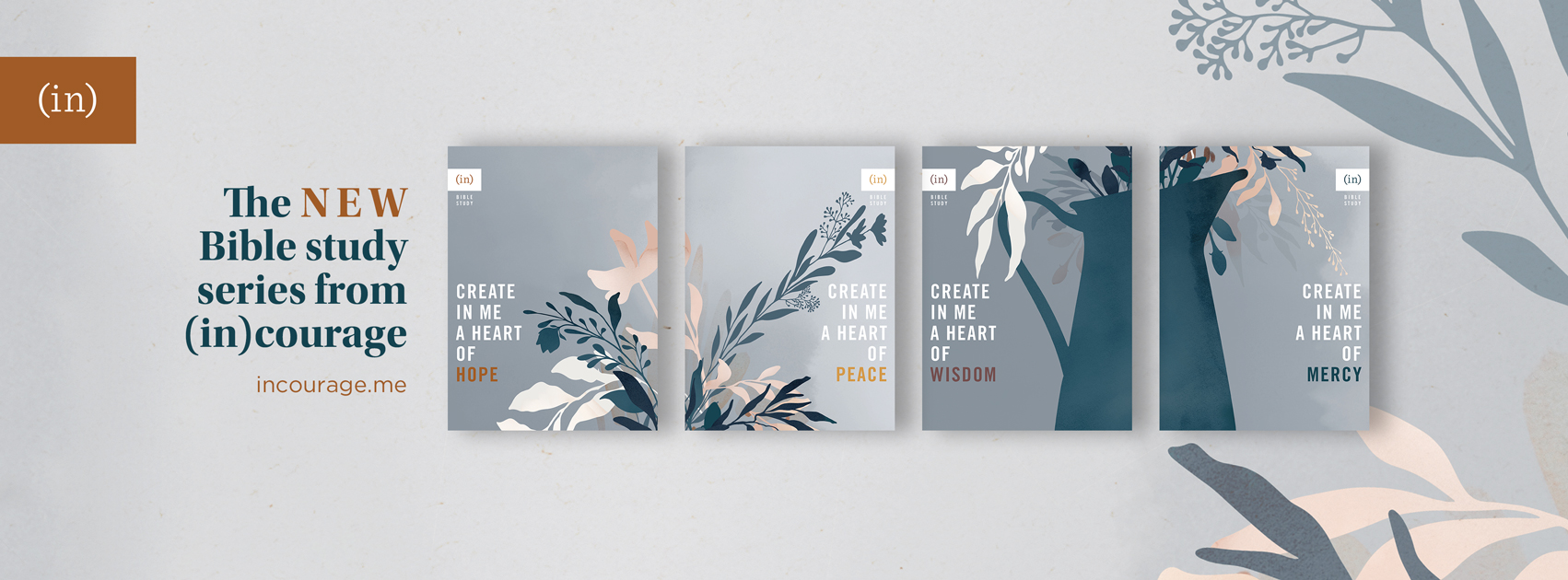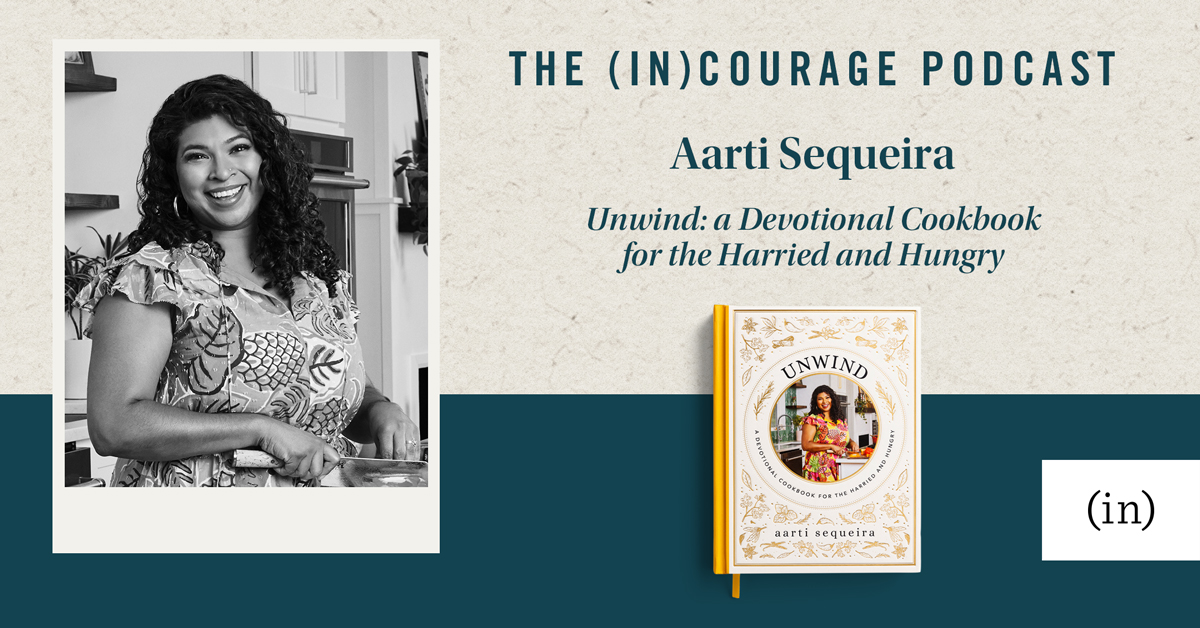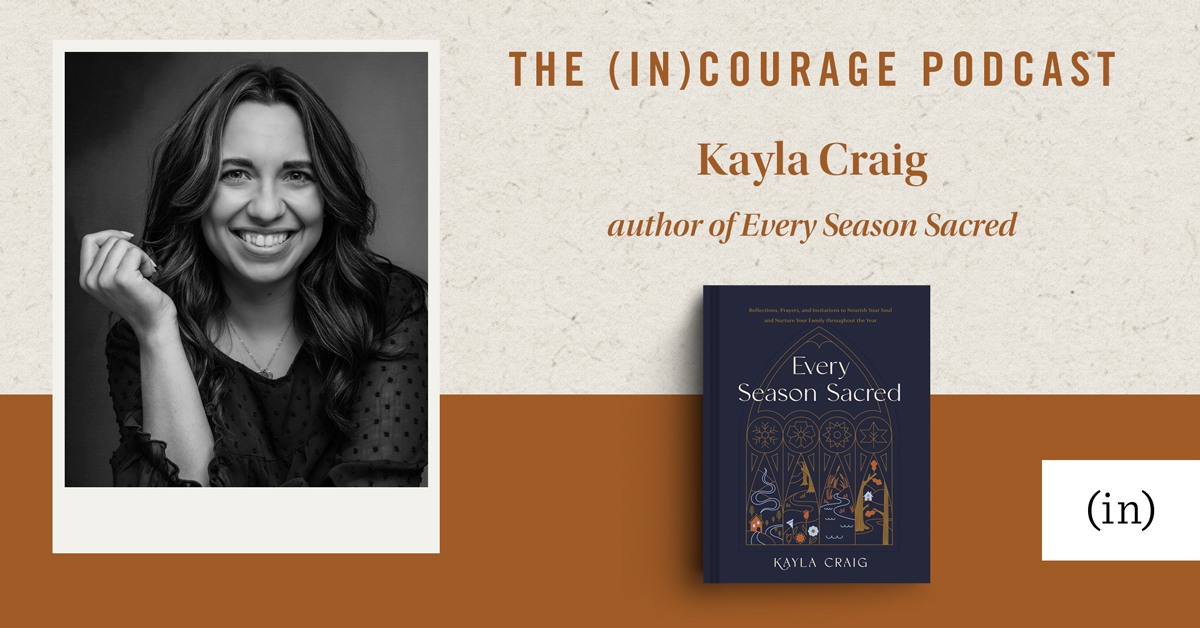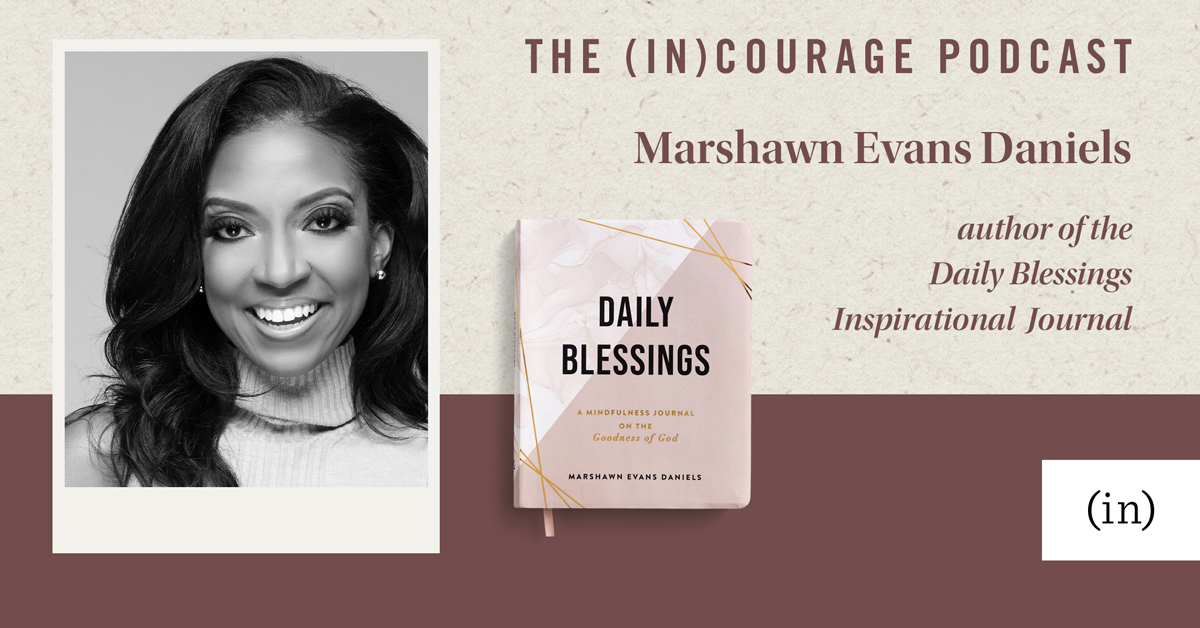The Lord brought me forth as the first of his works, before his deeds of old; I was formed long ages ago, at the very beginning, when the world came to be.
Proverbs 8:22–23 NIV
Raise your hand if you reach for your phone, open up a browser, and ask Google for the answer to every question you have. Whether we’re searching for solutions to everyday problems, like how to unclog a sink drain, or searching for answers to more serious matters, like what side effects are caused by a parent’s cancer medication, the internet has become our source of help, hope, knowledge, and wisdom. First of all, let’s thank God for access to such a wealth of information! But then let’s ask ourselves, how often do we turn to Google instead of God for wisdom?
I’m raising my hand right there with you! It’s easy to turn to every other reliable source out there when we need guidance in understanding something. Trusting what’s tangible is simpler than having faith in the unseen — and sometimes that’s okay! God has given us tools, resources, friends, and mentors to help us live well, but we want to make sure that our ultimate source of understanding and knowledge is the wisdom of God.
The Bible consists of sixty-six books written by various authors and in different genres. One genre is wisdom literature, which includes Job, Proverbs, and Ecclesiastes. Together, these books share practical insights into how to live wisely.
In Proverbs 8:1–9, God’s wisdom is personified as a woman who stands at the city gates and urges us to listen and heed her call. Let’s take a deep breath, settle in, and listen to what she has to say to us today.
Read Proverbs 8 in its entirety. What parts stand out to you about Wisdom and why?
Wisdom offers herself fully, freely, and generously to anyone who will listen and choose her — regardless of our beliefs, status, life experiences, or background. And whether we’re aware of it or not, wisdom is applied by people every single day in all spheres of life — whether it’s by kings and rulers, as verses 15–16 tell us, or by the special needs teacher who’s figuring out how to care for and educate her students well, or by the employee who wants to hold their manager accountable for inappropriate behavior, or by the young woman who notices the toxic behavior of a friend and doesn’t know what to do. Everyone needs wisdom to live this life well.
For each sticky situation we find ourselves in and for all the knowledge we need help understanding, we have access to the ultimate source of insight we need: the wisdom of God.
God’s wisdom is necessary for people to survive, flourish, and fully enjoy life. His wisdom is our ultimate guide and has been since the very beginning of time. Thus, our passage for today:
“The Lord brought me forth as the first of his works,
before his deeds of old;
I was formed long ages ago,
at the very beginning, when the world came to be.”
Proverbs 8:22–23
The wisdom of God created boundaries where there was formlessness, light where there was darkness, and order out of chaos. And as God delighted over each day’s work, so did wisdom (v.31).
Now, in the same way, wisdom continues the work of shaping and creating, ordering and delighting, and giving us life when we live according to her instructions. Better than Google, wisdom is accessible to all, giving us structure and guidelines by which we can thrive.
It boils down to this: all we’ve got is God, and to begin to live wisely, we fear Him (Prov. 1:7) and obey His commandments. This doesn’t mean we need to be afraid of Him. It means that we understand who He is and who we are — He is God, and we are not. We live, struggle through, and enjoy this one life we have while being in awe of Him. And we heed His words to us, choosing to walk in His love, grace, and wisdom.
Let’s ask and seek God for wisdom, knowledge, and understanding because He is our greatest source for them all.
God, I love that from the very beginning of this world Your wisdom has been present, woven into everything we see and enjoy. I know nothing is guaranteed in life, even the goodness and well-being that could come with wisdom. But knowing that You are the source of all wisdom gives me the confidence to navigate any situation. Even when there doesn’t seem to be a way out, You can see a way through, and I trust You. I pray that my ears will be open to hear wisdom’s call so that in everything I do, I can live wisely. Amen.
Devotion by Grace P. Cho, adapted from Create in Me a Heart of Wisdom

Create in Me a Heart of Wisdom teaches that wisdom is learned by understanding knowledge, listening to the Holy Spirit, experiencing struggle, being in community, and practicing what we learn over a lifetime. It won’t offer solutions to specific problems, but it will offer spiritual insight and practical guided questions throughout the study to help you seek God and gain the wisdom you need.
Get a free week and learn more about the Create in Me a Heart of Wisdom Bible study!





